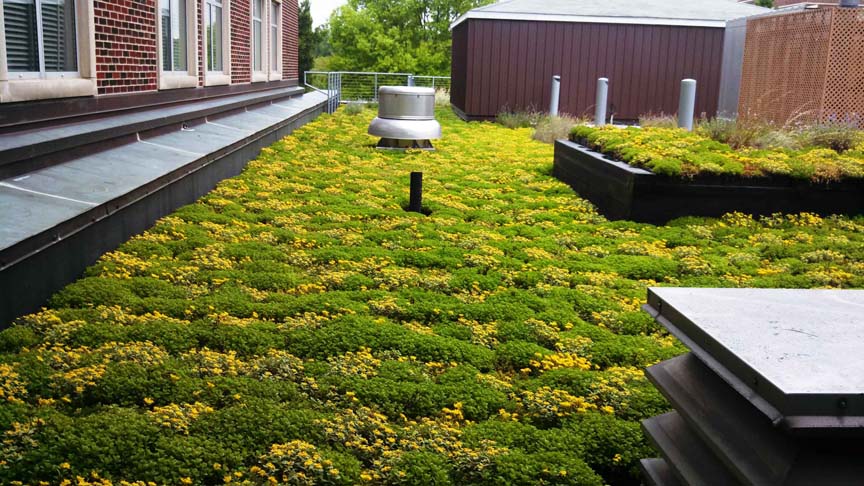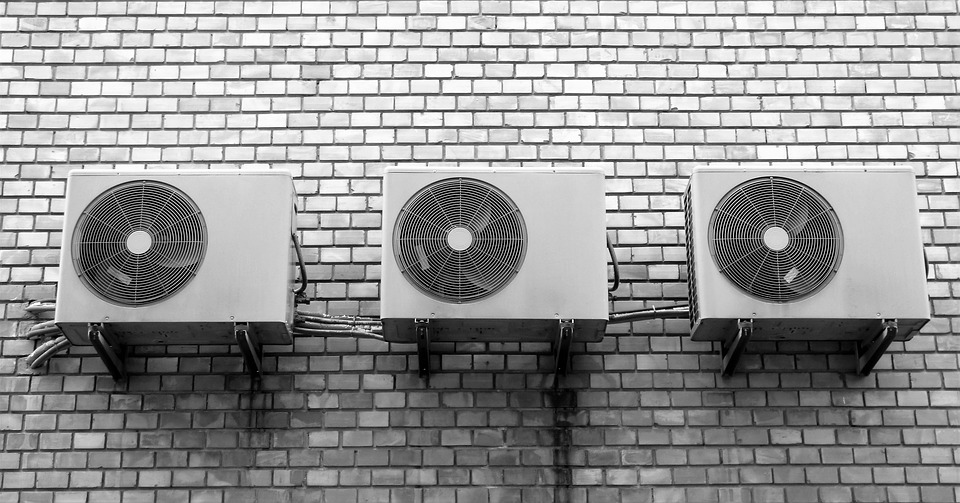Even if many households and business establishments are now easily equipped with it, air conditioning systems are still considered as luxurious devices. Heating a home, offices, and commercial premises has become a prominent necessity for people’s comfort and the homes and premises itself. With this requisite, the amount of money people spend on air conditioning bills has also been increasing. Here are some tips you may follow to reduce your air conditioning energy bill.
1) Create a Green Roof
Green roofs have been gaining popularity for a while, mainly because of their energy efficiency. Compared to a standard roof, the maximum temperature recorded on a green roof is reduced by a quarter. Besides, it is much more reliable throughout different seasons.

2) Set the Right Temperature
To avoid unnecessary expenses, it is essential to be careful when setting the desired temperature. A difference of 5° between the inside and the outside temperature is quite suitable. A target temperature of 25 to 26°C is a good compromise between comfort and energy saving. To better regulate the temperature and keep away from expensive bills, install a regulation that incorporates a floating set point. This way, the indoor temperature will increase following the rise or drop in the outdoor temperature.
3) Plant Trees Near Your Home
This method is a slightly more straightforward process than installing a green roof and still provides the right efficiency level. For instance, if you plant a deciduous tree (such as an oak tree) close to your house, it will act as a sunshade in the summer and allow light to pass through in winter when the leaves fall.
4) Reduce Fan Speed in the Dead Zone
Ventilation motors have one of the highest energy consumption as it often runs continuously.
Reducing their speeds in the dead zone, that is, when no heating or air conditioning is necessary, is an excellent way to save on your bills.

5) Choose a Small Air Conditioning System
Instead of opting for an overpriced air conditioning system, you can save money by investing in a window or floor-mounted air conditioner. These smaller versions are often efficient enough to cool one room, or even several rooms, depending on the unit’s size.
6) Adjust the Temperature Based on the Seasons
In summer, when it gets pretty hot, many people, especially kids, tend to set the air conditioner at 22°C and then wrap themselves in a blanket. To prevent such wastage from happening, set the temperature to a more reasonable degree, 25 or 26°C. This will help you avoid unwanted energy costs at the end of the month.
7)Overventilation, Free Cooling
Use the free energy contained in the air when the air temperature is low enough, especially in the evening. This energy can be used to cool a building or a dwelling by introducing fresh air by over-ventilation. The building will store this energy, which will help reduce the air conditioning operating time.
8) Seal Your Windows and Other Air Leaks
Poorly sealed windows will let the air escape, making it harder for the air conditioning unit to sustain airflow and keep the house cool. Sealing leaks or cracks stop cold air from leaking through the windows and reduce the need for extra air conditioning.

9) Replace Air Filters
Air filters are necessary to keep heating, ventilating and air-conditioning system operating efficiently. They block dust and other particles from obstructing ventilation openings and provide healthy air circulation. A dirty filter will require the HVAC unit to perform longer to circulate clean, fresh air. Keeping the air filters clean will allow you to reduce the costs since the device will be operating correctly.
Let us know if these few tips have helped you and leave yours in the comments below!

